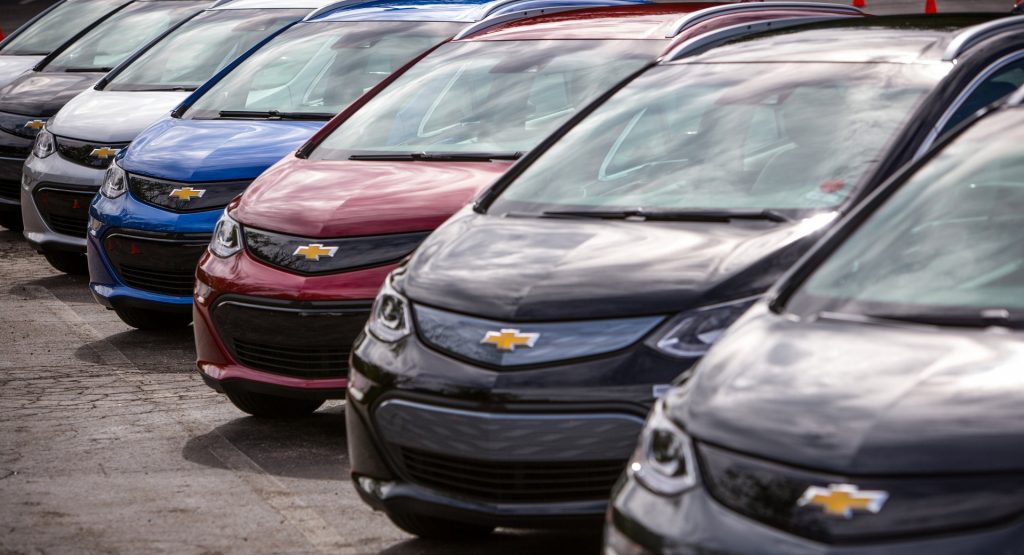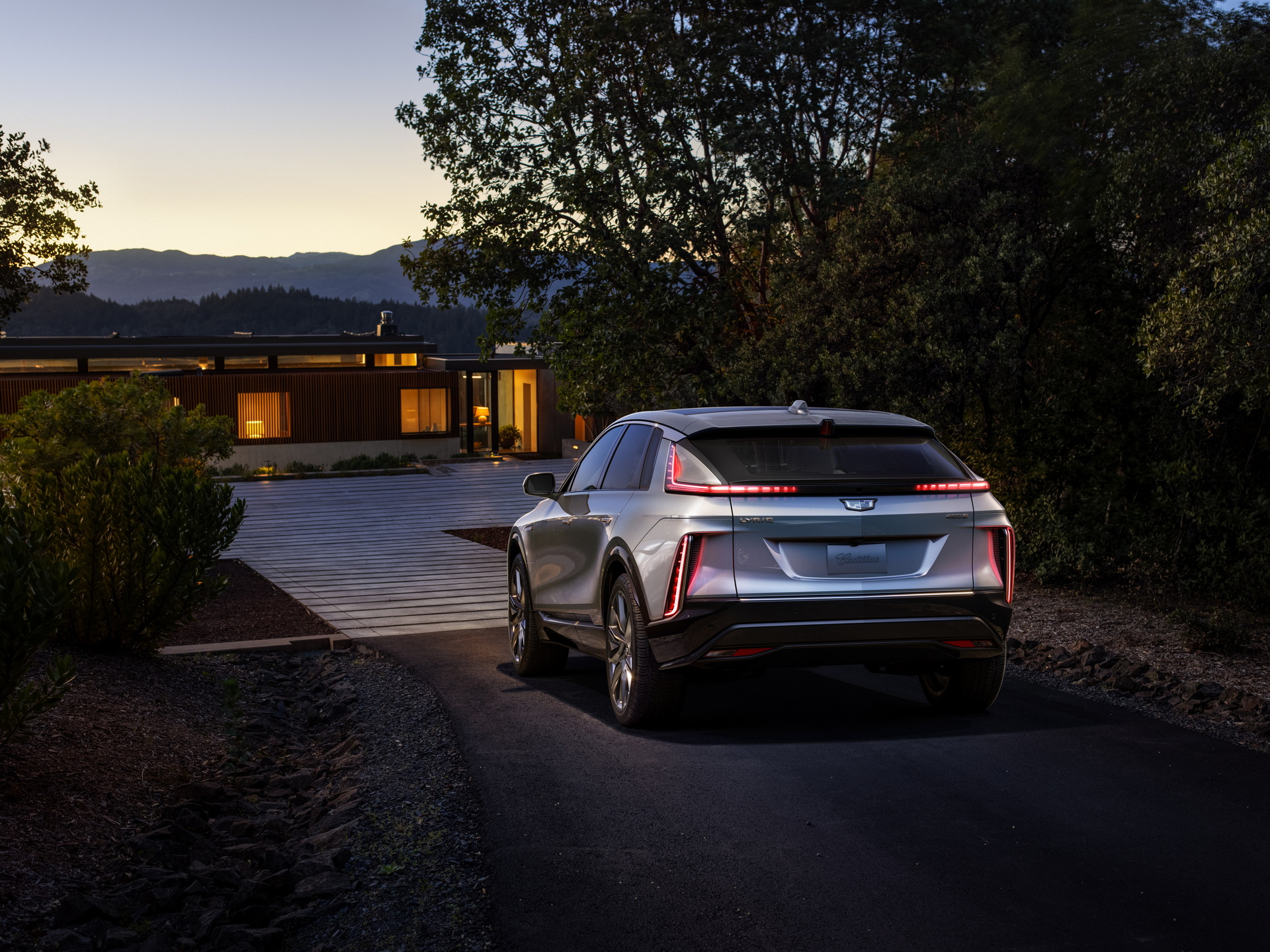General Motors is one of two companies that has sold more than 200,000 electric vehicles in the U.S.A. Its success, though, means that it’s no longer eligible for the $7,500 federal EV credit that much of the industry is depending on to help their expensive EVs compete.
Along with Tesla (the other company), GM is asking to become eligible for those federal tax incentives again.
“Incentives are an important consideration at the phase that we’re in,” Steve Carlisle, president of GM North America, told Automotive News.
The request comes amid major investments in EV production from the Biden administration. The White House promised $174 billion in its budget, which included billions in customer rebates and billions to build charging stations.
Read Also: UAW Suggests That EV Tax Credits Should Only Apply To Vehicles Made In The U.S.
“Given all the potential barriers to adoption and the fact that we need to get moving along that curve, I think incentives in many different forms enter into the conversation,” Carlisle said. “A level playing field is a reasonable thing to aspire to.”
GM sees itself as punished for having invested in electric vehicles early. Long seen as one of the best mainstream EV not made by Tesla, the Chevrolet Bolt’s sales have been strong despite their lack of popular recognition relative to Tesla.
Recently, the United Auto Workers union, which represents workers at GM, Ford, and Stellantis, among others, called for these incentives only to be applied to vehicles made in the U.S. instead of any EV, as is the case today.
GM has said, though, that it intends to make every light vehicle in its lineup go all-electric by 2035.






